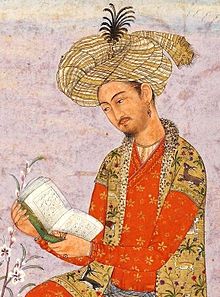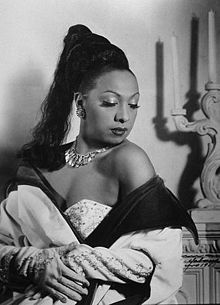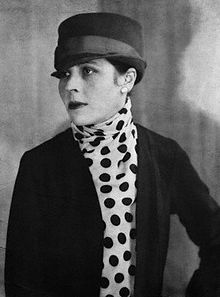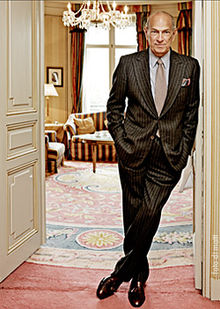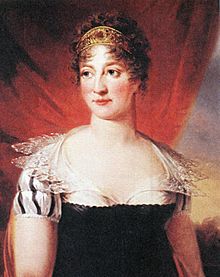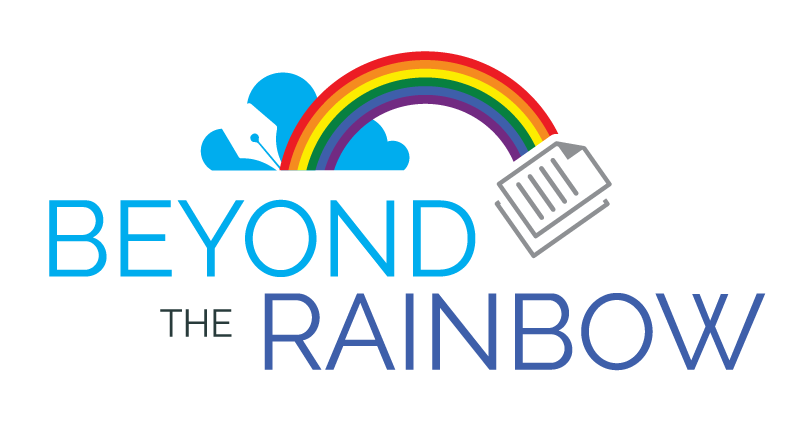Definition
Bisexual: The definition of bisexuality is somewhat debated. It can refer to someone who is attracted to two genders or multiple genders, including one’s own gender. This attraction can manifest in varying degrees depending on the person and the level of attraction felt.
Developing a Bisexual Character
How might you go about creating your own bisexual identifying character? These questions might help you discover why your character has chosen this identity for themselves and how it impacts their life and relationships.
Decide where on the bisexual spectrum your character lies.
Do they tend to prefer one gender over another? Under what circumstances does their attraction change? (Keep in mind that this can change over time)
How does your character tell people about being biseuxal (if they tell people at all)?
How do other characters react to your character’s bisexuality? How does your character react/respond to these reactions?
How does the society in your story react to bisexuality?
How does this affect your character? What assumptions do others have about bisexuals/your character?
When did/will your character realize that they were attracted to multiple genders?
How does/will your character think/feel about this? Is the realization because of a specific event, a gradual understanding/coming to terms, etc?
Writing a Bisexual Character
As with writing any character, their sexuality is just one part of their whole identity. When writing your bisexual character here are a few things to keep in mind:
- If the setting allows for it, it might be good to have your character specifically state they are bisexual. This will help the reader understand where your character is coming from. Having other characters react and ask questions will help mitigate an info dump.
- Do let your character have close intimate non-sexual/non-romantic relationships with characters of all genders. Being bisexual doesn’t mean your character will be attracted to everyone they meet. Be clear on character intent and watch wording to avoid confusing your reader.
- Try to avoid making your character bisexual simply as a plot device. It should be an integral part of who they are, not a quirk. Having your character be bisexual is a good way to avoid the implications of the ‘gay for you’ trope but it shouldn’t be used as a convenient explanation without any lead-up or foreshadowing.
- ————————–
Be wary of having a plot that calls for the character’s bisexuality to be ‘resolved’ by a straight relationship. Remember that a character remains bisexual even if they are in a ‘straight’ relationship. In this instance it might be better to rethink your character’s orientation.
- ————————–
If your bisexual character is a minor character it might be best to avoid having them be the comedic relief as this can reinforce stereotypes of bisexuals being confused and/or ‘greedy.’
- ————————–
Before writing a coming out story think carefully about whether or not this is your story to tell. Every person’s story is different and if you yourself are not a bisexual person this might not be your story to tell.
Things To Keep in Mind
Bisexuals are often overlooked and face erasure, not just in popular media but in the MOGAI community as well. They face discrimination from both the straight and MOGAI commonunities. They are often told they are just going through a phase or that they need to make up their minds. They are seen as inherently more sexual than other orientations which leads to them being labeled as promiscuous and less trustworthy in relationships. This can lead to bi-phobia and has resulted in people refusing to consider serious relationships with bisexuals and in outright abuse.
Tropes
Tropes are tropes for a reason and most of these are not bad in and of themselves, however like a lot of tropes they often perpetuate harmful stereotypes and thus should be used cautiously. Some include:
Ambiguously Bi | Bi the Way | But Not Too Bi | Depraved Bisexual | Everyone Is Bi | Even the Girls Want Her | Even the Guys Want Him | Everybody Wants the Hermaphrodite | Experimented in College | Immortality Bisexuality | Kinsey Scale of Tropes | No Bisexuals | Stupid Sexy Flanders| A Threesome Is Hot | If It’s You, It’s Okay
Bisexuals in Fiction
Bisexuals have been written about for ages but have often been the subject of harmful portrayals.
Robert Frobisher from Cloud Atlas | Celie Johnson, Shug Avery from The Color Purple | Judith from Dusty Answer | Lisbeth Salander from The Girl with the Dragon Tattoo | Magnus Bane, Helen Blackthorn, Mark Blackthorn from The Mortal Instruments Series | Adam Parrish from The Raven Cycle | Valentine Michael Smith from Stranger in a Strange Land | Catherine Tramell from Basic Instinct |
Famous Bisexuals in History
Louis Aragon | Babur | Josephine Baker | Djuna Barnes | Adolf Brand | Caligula | Benvenuto Cellini | Oscar de la Renta | Elsa von Freytag-Loringhoven | Mary Garman | Prince George, Duke of Kent | Georgiana Cavendish | Hedwig Elizabeth Charlotte | Alfred Kinsey | Burt Lancaster | Anne Lennard, Countess of Sussex | Mahmud of Ghazni | Alfred d’Orsay
